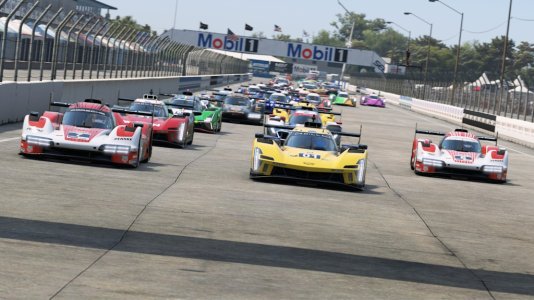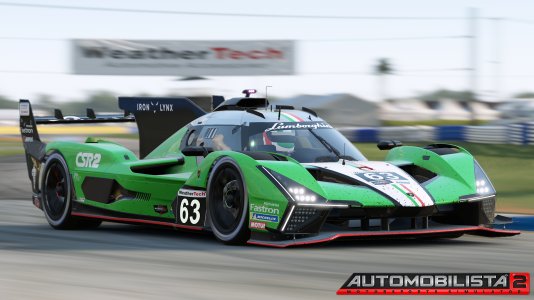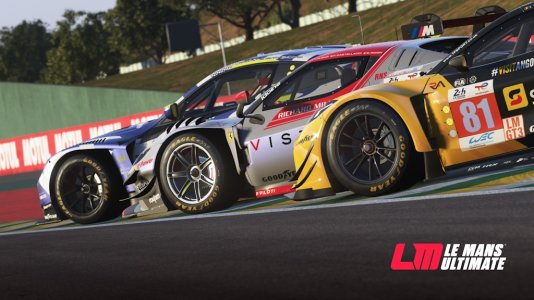There’s no denying Nico Rosberg was bailed out in Malaysia, but the German certainly needed no such assistance on Sunday.
Narrowly edging their qualifying battle on Saturday, the race proved to be an entirely different story for Rosberg, as the German was unstoppable on the way to his ninth victory of the season.
Holding his lead into turn 1 as teammate Lewis Hamilton went backwards, Rosberg proceeded to put in a measured drive to the chequered flag, as the action unfolded all around him. Behind the German Red Bull’s Max Verstappen and Force India’s Sergio Perez were a surprise 2-3, although Perez was quickly dealt with by the Ferrari of Sebastian Vettel as the race looked like giving fans the first three-team podium since Germany. However, Hamilton was able to eventually undercut Vettel for third and salvage some meaningful points, albeit not enough as the driver’s championship continues to slip through his hands.
His fourth win in five races, Suzuka was a return to regularly-scheduled-programming for Rosberg, as his lead in the driver’s championship extended to 33 points. Read on for a look at all the big talking points from the 2016 Japanese Grand Prix.
If Saturday’s 0.13s margin over teammate Lewis Hamilton suggested their ongoing duel was on a knife’s-edge, it didn’t take long to tip decisively in Rosberg’s favour on Sunday.
For what felt like the umpteenth-time this season, the battle between the Mercedes drivers was over as quickly as it started, as contrasting fortunes off the start line had Rosberg cruising, and Hamilton playing catch-up. Where the German was able to get away cleanly, Hamilton found himself bogged down with excessive wheelspin, falling all the way to sixth before starting his recovery, and while he certainly had the disadvantage of starting on the damp side of the track, even he knew he’d buggered it up, leading to a meek apology on team radio.
To put it simply, Rosberg was cruising after the start, with the most difficult part of his afternoon being the awkwardness between himself and Hamilton in the post-race cool-down room, as the Brit continues to struggle for answers. It might get lost amidst all his issues with reliability, but starts have really proven to be the undoing of Hamilton this season, as 17 races in, his inability to overcome this weakness continues to cost him. On the inverse, it’s interesting to see that Rosberg, the driver who was thought to perhaps benefit more from the “outside help” drivers received before the new start and (now removed) radio rules were introduced this season has had less trouble adapting, at least as far as starts are concerned.
With a 33-point lead and just four races remaining, the question for Lewis Hamilton isn’t “can he win the world championship?” as much as it is simply “can he beat Rosberg?” Right now Malaysia looks like an aberration, with Rosberg the one holding the small, but fairly consistent advantage. It’s a weird position to find Hamilton in, and championship or not, it’ll be fascinating to see how he responds.
Whether fair or foul, there’s no doubt that watching Max Verstappen defend is always exiting.
Having already blurred the lines on such etiquette already this season, Sunday the 19-year-old got it absolutely spot on in his battle with Lewis Hamilton. Just ahead of Hamilton into the chicane on lap 52, Verstappen was able to fend-off an attempt down the inside with his own perfectly-timed jink rightwards. A few fractions-of-a-second later and it could’ve ended both their races, but Hamilton had enough time to react and try again round the outside, his out-breaking in doing so handing Verstappen a very deserving P2.
In the heat-of-the-moment it was understandable that Hamilton complained on team radio, but it was heartening to see him come round post-race, while Mercedes eventually dropped their protest. It was the exact sort of driving that has made Hamilton a verifiable superstar in the sport, and Verstappen is only following in his footsteps.
An impressive moment in an impressive result, Verstappen continues to up his game even after the frustrating finishing in Malaysia. Two races are far from a trend, but he’s the faster of the two Red Bull drivers at the moment, and clearly doesn’t lack for confidence. The Dutchman has now moved above Sebastian Vettel in the driver’s championship, an incredible accomplishment given he started the season driving in Red Bull’s B-team. He may not have got the winner’s trophy on Sunday, but he’s got every reason to feel like one.
With some subtle digs off-track, while digging their own holes on it, it’s safe to say it has not been the best of weeks for team harmony at Ferrari.
Fresh off the back of some less than glowing remarks team boss Maurizio Arrivabene made on Friday, where he suggested he’d have to “earn his seat” going forward, the Scuderia’s Sebastian Vettel looked set for a slump-busting podium on Sunday, until a questionable call from the pit wall saw him finish in a distant fourth place.
Starting the race sixth after his three-place grid penalty from Malaysia, the four-time world champion had been one of the prime beneficiaries of Hamilton’s slow start, having gained two places by the end of the first lap. By lap 3, he was third, and maintained strong pace into his second stint, where Hamilton started to come back at him. On lap 31, Vettel was six seconds ahead of Hamilton, a gap that was under four by the time the latter pitted for hards on lap 34. With Vettel coming in for softs a lap later, Hamilton was able to make the undercut work, and only had to defend for a handful of laps as the German’s tyres inevitably faded.
Unsurprisingly, this has done nothing to take away from all the negativity currently surrounding Ferrari, and with good reason. In pitting Vettel as late as they did, Ferrari were content to be reactive, when they should’ve been proactive in keeping a faster car behind them, while also opening up the possibility of coming back with an attack of their own on Max Verstappen. Instead they let Hamilton bring himself into undercut territory, and he made them pay decisively. The decision to fit softs – although not entirely without merit in theory – only compounded that mistake, as while Vettel was able to start setting fastest laps, he quickly lost performance sitting behind Hamilton, while Vettel’s teammate Kimi Raikkonen had shown very strong pace on the hards, having fitted his own on lap 27, and they were guaranteed to last the remaining 18 laps.
The Scuderia’s $50 million man, Vettel had only scored one podium in the eight races prior to Suzuka, while being outscored by Raikkonen over the same period 79 to 57. Whether Arrivabene’s pre-race comments were warranted or not, Sunday Vettel had given himself a chance for a significant morale boost, only to have it taken away by his own pit wall. Post-race Vettel seemed unperturbed by the choice of tyre, but the same surely can’t be said for the strategy as a whole. And while it’s not the first time strategy has notably impacted a Ferrari this season, given the significant tension currently within their ranks, they really could’ve done without it on Sunday.
Can Hamilton regain an advantage in the last four races? Is Verstappen the hotter of the Red Bull drivers? Has Ferrari’s morale been further damaged by their strategy? Sound off in the comments below.









